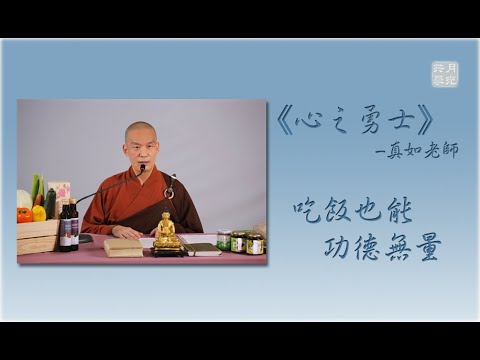When Buddhism was first introduced to China from India, it did not stipulate that monks must not eat meat. Later, because of the “Nirvana Sutra”, in which the Buddha said “Carnivores break the seeds of compassion”, so from then on, people advocated vegetarianism to practise the spirit of compassion.
In Buddha’s era, monks beg for food, so they ate what they were given. As Tibet has a harsh and cold weather, vegetables cannot grow. Hence, the Lamas usually take beef or mutton as their staple. If life cannot be maintained, how can one practise Buddhism? The famous Zen master, Hui Neng, ate vegetables from meat dishes in a group of hunters. Therefore, the purpose of practising Buddhism is not only to become vegetarian. For real Buddhists, “eating” is not an important issue, “a pure mind” is the most important. If a person is a vegetarian and speaks of compassion and love, and yet his heart is filled with greed, hatred and ignorance, it is against his conscience!
If a person can adopt a vegetarian diet after learning Buddhism, that is the best. However, if one cannot become vegetarian because of family, work or other issues, one can choose to be vegetarian on the first or fifteenth day of the lunar calendar, on the Six Vegetarian Days, or only consume vegetables in meat dishes, or consume three ‘clean’ meat. Whether it is a meat or vegetarian dish, the most important thing is to consume our food with a thankful, shameful heart.
Buddhism advocates vegetarianism with the intention to cultivate peace, kindness and simplicity in the hearts of people who believe in Buddhism or wish to learn from Buddha.
Reference: Master Hsing Yun “Problems of Contemporary Society” (U.S.A, Los Angeles, University of the West Seminar)

